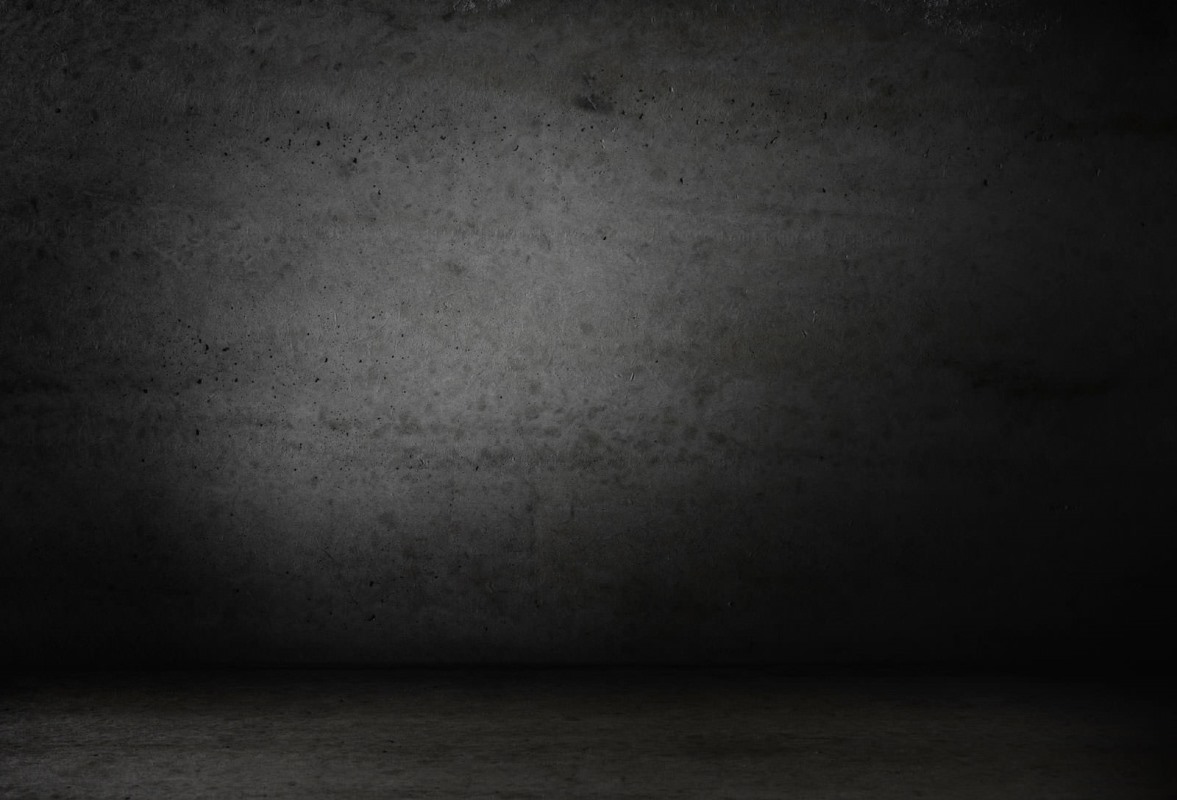

17
JEAN-PHILIPPE COLLARD
When Robert Schumann (1810–56) appeared on the musical scene, Beethoven,
Schubert and Weber had already heralded Romanticism. Henceforth the heart
was to dominate reason. Schumann, more anyone else, instilled in his works the
vicissitudes of his own existence. It is impossible to understand his piano music
without knowing the keys to it: first and foremost, his passion for ClaraWieck, but
also his isolated love affairs with women pianists before Clara. A delicate, sensitive
soul until the loss of his cognitive functions, he wholly reveals himself in his
keyboardmusic and asserts a syncretic desire for fusion between the arts. His quest
for the absolute calls for a special turn of mind in anyone who wishes to approach
this logic-defying world. ‘As soon as continuity is established, it is at once broken
by some “mood” that again disrupts our listening’ (André Boucourechliev). Imbued
not only with the mysteries of the night (those of the oil paintings of Caspar David
Friedrichwiththeirbronzeandcoppertints)andtheanguishofthoseforestslurking
in profound darkness, he also suggests a world of allusions (of illusions?), of masks,
metaphors, literary reminiscences that are difficult to decipher. The melancholy of
Eusebius constantly confronts the enthusiasm of Florestan. Schumann’s style of
writing, with its gossamer textures, makes the enigmatic character of his art even
more obscure, especially as the rhythmic structure creates a feeling of insecurity,
indeed of instability. Frenzy or madness lie in wait for those who do not master a
fiery discourse and allow themselves to be totally overwhelmed by the sensations
of the instant.
The two contemporary works on this disc, the
Fantasie
op.17 (1836) and
Kreisleriana
op.16 (1838), present each in its ownway an invitation to penetrate
the innermost reaches of Schumann’s genius.

















